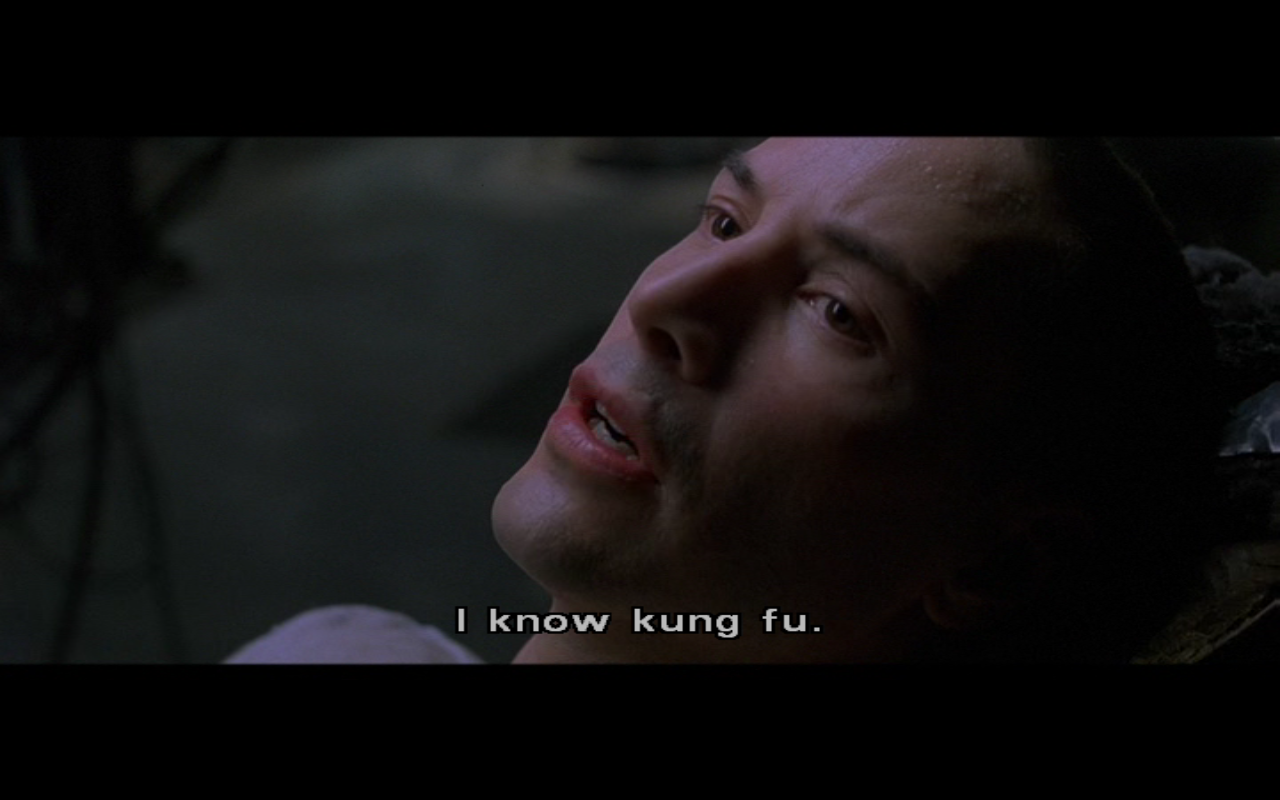Search (1068)
Does mastering a skill makes us stressed in the moment but happier long term?
s. Via eurekalert.org: Contrary to previous research, the study found that people who engage in behaviors that increase competency, for example at work, school or the gym, experience decreased happiness in the moment, lower levels of enjoyment and higher levels of momentary stress. Despite the negative effects felt on an hourly basis, participants reported that these same activities made them feel happy and satisfied when they looked back on their day as a whole. This surprising find suggests that in…
1 min read
U-M research shows chronically ill may be happier if they give up hope:
lding on to hope may not make patients happier as they deal with chronic illness or diseases, according to a new study by University of Michigan Health System researchers. "Hope is an important part of happiness," said Peter A. Ubel, M.D., director of the U-M Center for Behavioral and Decision Sciences in Medicine and one of the authors of the happily hopeless study, "but there's a dark side of hope. Sometimes, if hope makes people put off getting on with…
1 min read
Women are getting unhappier:
r research is simply about documenting a fact: since the 1970’s, women’s self-reported happiness has fallen, relative to that of men. This seems paradoxical, given the tremendous strides made by the women’s movement. We report this fact, test that it is a robust finding, and suggest that future research may help sort out whether it reflects how the women’s movement affected women’s hedonic state; whether it reflects the differential impact on women of some broader social trend; or if instead…
1 min read
How we affect others, and others affect us:
my essay on social networks and research of Nicholas Christakis and James Fowler, I describe a few of the striking medical effects produced by social networks: By studying Framingham as an interconnected network rather than a mass of individuals, Christakis and Fowler made a remarkable discovery: Obesity spread like a virus. Weight gain had a stunning infection rate. If one person became obese, the likelihood that his friend would follow suit increased by 171 percent. (This means that the…
3 minutes


